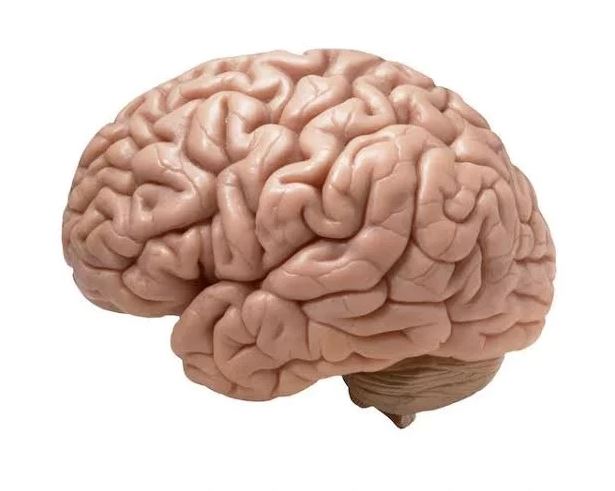On a regular basis, the brain may get infected with a variety of illnesses, and if these infections are not treated promptly, they may have major effects for your health and wellbeing. Verywellhealth and ClevelandClinic conducted a new study in which they found that certain meals may help to cleanse your brain while also reducing the likelihood that you will have a stroke by lowering your blood pressure.
A regular intake of fish may lower your chance of suffering a stroke as well as help in the removal of harmful toxins from the brain. Healthy Omega-3 fatty acid levels can be found in foods made from fish (such as salmon and tuna) and other seafood (such as oysters and crab). Omega-3 fatty acid is beneficial for eliminating toxins from the body and improving cognitive functioning while also decreasing one’s likelihood to suffer from a stroke. There are many different types of fish species that have considerable concentrations of omega-3 fatty acids, which are beneficial to human health when consumed in big numbers. Salmon, tuna, and a variety of other fish species contain significant concentrations of omega-3 fatty acids.
Consuming sufficient quantities of seafood that is high in Omega-3 fatty acids on a daily basis may reduce your chances of developing this detrimental impact in the future. In the event that you observe any indications or symptoms of illness in your body, seek medical assistance as soon as possible, and make every attempt to go to a hospital as soon as feasible.
Fruits and vegetables
You may reduce your risk of stroke by eating four to five servings of fruits and vegetables each day. They’re low in fat and calories, but high in fiber, which keeps you fuller for longer. Magnesium-rich foods like spinach have also been related to a decreased risk of stroke.
Avocados should be consumed on a regular basis whenever feasible if you want to clear your brain of potentially dangerous substances such as mercury. 2.
Tomatoes, which are high in mono-saturated fatty acids and have been proved to be beneficial for both brain function and blood pressure reduction, are just one of the numerous nutritious fruits that are abundantly available in the United States of America.
Additionally, avocado intake has the additional benefit of increasing blood flow throughout the body, which is critical for the body’s overall health and well-being. You may want to experiment with increasing the number of avocados you consume on a daily basis in order to counteract the detrimental impacts of this shift on your health.
Whole grains
Fiber, B vitamins (folate and thiamin), magnesium, and iron are all abundant in whole grains. Whole grains may help prevent stroke by promoting heart health. Whole grain bread and cereal, oatmeal, and brown rice, according to Dr. Zand, are better options.
Given that walnuts have a high concentration of vitamin E, frequent intake of walnuts may be beneficial in terms of cleansing the brain and lowering the chance of getting a stroke. Given that walnuts contain a substantial quantity of vitamin E, they may be beneficial in attaining the aims of cleansing the brain of toxins and avoiding strokes. 4.
Strawberry and blueberry consumption should be increased, according to some specialists, since they aid to flush out the brain and lessen the likelihood of experiencing a stroke elsewhere in the body by up to 50 percent. The consumption of fruits and vegetables that are high in antioxidants and vitamins, such as strawberries and blueberries, as well as a variety of other fruits and vegetables, may help to cleanse the brain of toxins and prevent strokes.
Low-fat dairy
Saturated fat and cholesterol included in dairy products may raise your risk of heart disease and stroke. Instead, use low-fat or non-fat milk, yogurt, or cheese. According to Dr. Zand, eating a heart-healthy diet may help avoid stroke.

 Entertainment6 days ago
Entertainment6 days ago
 Health1 week ago
Health1 week ago
 Health4 days ago
Health4 days ago
 Football1 week ago
Football1 week ago
 Football1 week ago
Football1 week ago
 Crime5 days ago
Crime5 days ago
 Education6 days ago
Education6 days ago
 Health6 days ago
Health6 days ago

